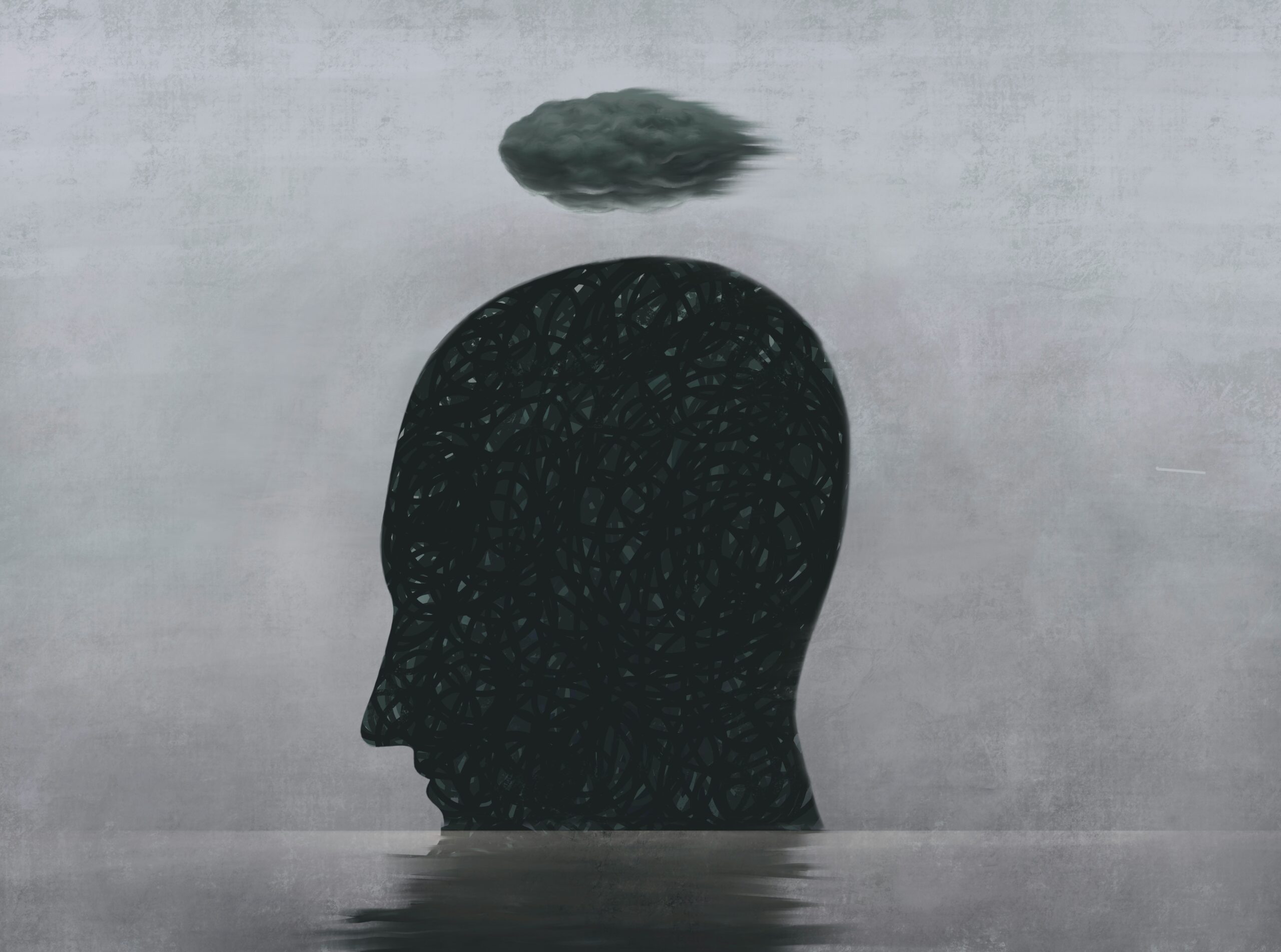The Science of Depression: Breaking Down Mental Health Myths
A deeper understanding of clinical psychology can help debunk widespread misconceptions about mental health, particularly depression.

Understanding Clinical Psychology
Clinical psychology is a branch of psychology that focuses on diagnosing and treating mental, emotional, and behavioral disorders. It is an essential field that bridges the gap between psychological theory and practical application in mental health care. Clinical psychologists are trained to understand the complexities of human behavior and mental processes, and they use this knowledge to help individuals manage and overcome their mental health challenges. The field is diverse, encompassing various approaches and techniques, including cognitive-behavioral therapy, psychodynamic therapy, and humanistic approaches, among others. Each of these methods offers unique insights and strategies that can be tailored to the specific needs of individuals. By understanding clinical psychology, one can appreciate the depth and breadth of mental health treatment options available.
The Science of Depression
Depression is one of the most common mental health disorders worldwide, affecting millions of people each year. Despite its prevalence, depression is often misunderstood, with many myths surrounding its causes and treatment. Scientifically, depression is recognized as a complex condition influenced by a combination of genetic, biological, environmental, and psychological factors. It is not simply a matter of feeling sad or down; depression can significantly impair a person’s ability to function in daily life. Symptoms may include persistent feelings of hopelessness, fatigue, changes in appetite, and difficulty concentrating. Understanding the science behind depression is crucial for breaking down the myths that contribute to stigma and misinformation. For instance, one common myth is that depression is a sign of weakness, whereas research has shown it to be a legitimate medical condition that requires appropriate treatment.
Myths and Misconceptions about Mental Health
Mental health myths are pervasive and can lead to stigma, discrimination, and a reluctance to seek help. Some common misconceptions include the belief that mental illness is rare, that people with mental health issues are dangerous, or that therapy is only for severe cases. These myths are not only unfounded but also harmful. Mental illnesses are more common than many realize, with nearly one in five adults experiencing some form of mental health issue each year. Furthermore, individuals with mental health conditions are more likely to be victims rather than perpetrators of violence. Therapy is beneficial for a wide range of issues, from mild stress to chronic disorders, and can be an essential tool for personal growth and self-understanding. By addressing these myths, we can foster a more supportive environment that encourages individuals to seek the help they need.
The Role of Therapy in Managing Depression
Therapy plays a critical role in managing depression, offering individuals a safe space to explore their thoughts and feelings. It provides strategies for coping with symptoms and making positive changes in behavior and thought patterns. Cognitive-behavioral therapy (CBT), for example, is a well-regarded approach that focuses on identifying and challenging negative thought patterns that contribute to depression. Other therapeutic methods, such as interpersonal therapy and dialectical behavior therapy, offer alternative frameworks for understanding and managing depression. The effectiveness of therapy depends on several factors, including the individual’s engagement in the process and the therapist’s skill and approach. Importantly, therapy can be combined with other treatments, such as medication, to enhance outcomes. Recognizing the role of therapy in treating depression can empower individuals to take proactive steps toward their mental well-being.
Conclusion: Breaking Down Barriers to Mental Health
Addressing the myths and misconceptions surrounding mental health, particularly depression, is crucial for reducing stigma and encouraging individuals to seek help. Clinical psychology offers valuable insights and tools for understanding and managing various mental health conditions. By promoting accurate information and fostering open conversations about mental health, we can create a society that supports individuals in their journey toward wellness. Ultimately, breaking down these barriers can lead to better mental health outcomes for all, enabling individuals to lead fulfilling and productive lives.
